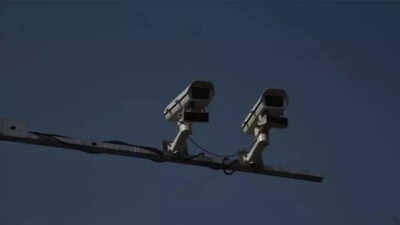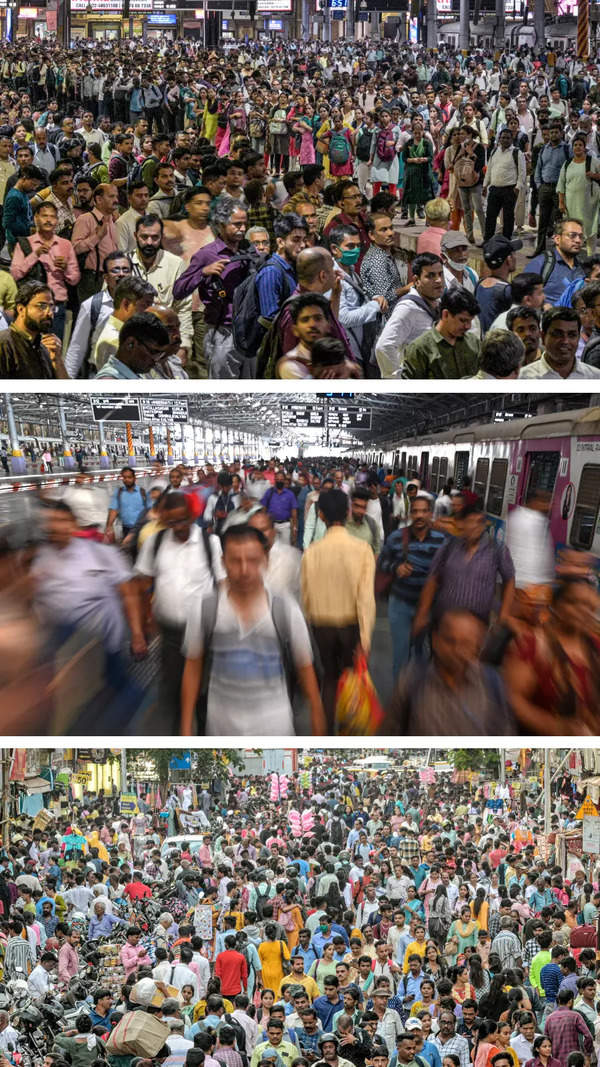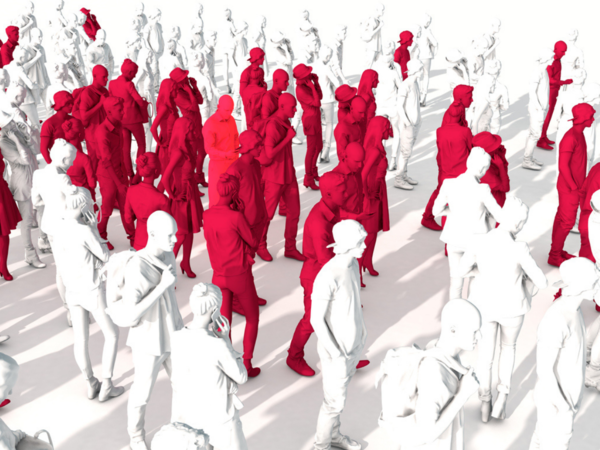- News
- City News
- delhi News
- AI watch: Camera to track traffic violation in Delhi
Trending Topics
AI watch: Camera to track traffic violation in Delhi

Image used for representative purpose only
NEW DELHI: The Delhi transport department will soon set up artificial intelligence-powered cameras at entry points to the national capital to check traffic violations as well as modernise 1,400 bus queue shelters with digital screens and other facilities.
Transport minister Kailash Gahlot said that the projects will take shape in six months. The tendering process for the shelters has started. The cameras project will go in for tendering by May.
A transport department official said that the artificial intelligence cameras function in a way that they recognise number plates and then check with Parivahan data on whether the vehicles are overaged for use and the status of pollution from them.
"The cameras are powered by algorithms that can tell whether a vehicle is overweight. This is done through a technology that uses several photos stored in the memory through which it (the camera) can identify such things," the official said.
He said that such cameras would be installed at entry points of Delhi and foot overbridges.
The department would be able to start installing the cameras at some points by August on a pilot basis, he said.
These cameras can also check bus lane violations.
Gahlot held a meeting on the camera installations Wednesday. "To ensure lane enforcement in Delhi... the Delhi government will use smart measures like AI-enabled cameras. Today, a meeting with the agencies was held to ensure lane driving and road safety," he tweeted.
At the bus queue shelters, there will be passenger information systems displaying arrival times of buses, just like it happens on the Delhi Metro.
The shelters "will also detect if a vehicle has a valid PUCC for pollution checks, and if not, the driver will get an e-challan," an official said.
The bus shelters will display the destination and expected time of arrival of the next bus on the lines of Delhi Metro stations. "The real-time information is a key feature as it helps people plan their journeys," the official said.
The shelters will have security measures such as CCTV cameras and panic buttons and will be monitored from the control centre of the transport department.
The upgraded shelters will have a barrier-free environment for persons with disability and elderly commuters. The shelters will have ramps for specially-abled people, he said.
"It will have better sun and rain protection, adequate seating arrangements with demarcation for the elderly, women and persons with disabilities," he said.
Transport minister Kailash Gahlot said that the projects will take shape in six months. The tendering process for the shelters has started. The cameras project will go in for tendering by May.
A transport department official said that the artificial intelligence cameras function in a way that they recognise number plates and then check with Parivahan data on whether the vehicles are overaged for use and the status of pollution from them.
"The cameras are powered by algorithms that can tell whether a vehicle is overweight. This is done through a technology that uses several photos stored in the memory through which it (the camera) can identify such things," the official said.
He said that such cameras would be installed at entry points of Delhi and foot overbridges.
The department would be able to start installing the cameras at some points by August on a pilot basis, he said.
These cameras can also check bus lane violations.
Gahlot held a meeting on the camera installations Wednesday. "To ensure lane enforcement in Delhi... the Delhi government will use smart measures like AI-enabled cameras. Today, a meeting with the agencies was held to ensure lane driving and road safety," he tweeted.
At the bus queue shelters, there will be passenger information systems displaying arrival times of buses, just like it happens on the Delhi Metro.
The shelters "will also detect if a vehicle has a valid PUCC for pollution checks, and if not, the driver will get an e-challan," an official said.
The bus shelters will display the destination and expected time of arrival of the next bus on the lines of Delhi Metro stations. "The real-time information is a key feature as it helps people plan their journeys," the official said.
The shelters will have security measures such as CCTV cameras and panic buttons and will be monitored from the control centre of the transport department.
The upgraded shelters will have a barrier-free environment for persons with disability and elderly commuters. The shelters will have ramps for specially-abled people, he said.
"It will have better sun and rain protection, adequate seating arrangements with demarcation for the elderly, women and persons with disabilities," he said.
Start a Conversation
FOLLOW US ON SOCIAL MEDIA
FacebookTwitterInstagramKOO APPYOUTUBE










